Indigenous Governance Database
Justice Systems
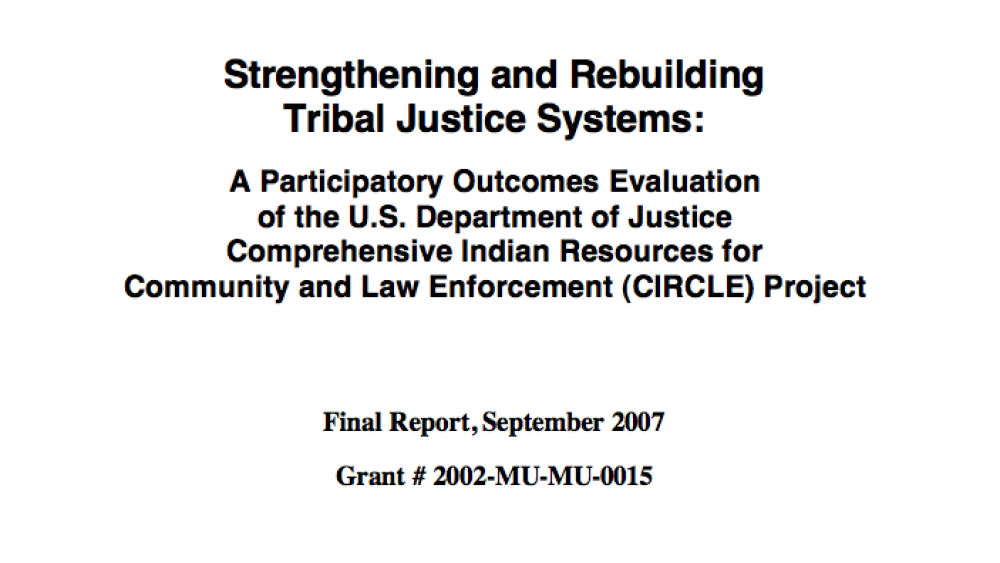
Strengthening and Rebuilding Tribal Justice Systems
Assesses the U.S Department of Justice's Comprehensive Indian Resources for Community and Law Enforcement (CIRCLE) Project, which aimed to help participating tribes implement strategies for making the individual components of their justice systems work better in addressing crime and related social…
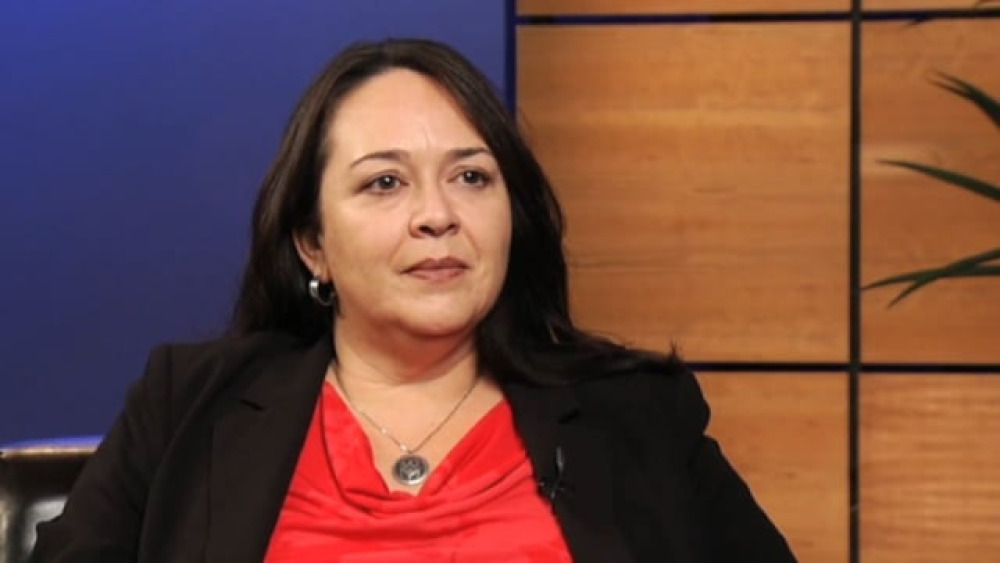
Devon Lomayesva: Making Constitution Reform and Tribal Law Work
Devon Lomayesva, a citizen of the Iipay Nation of Santa Ysabel in California, offers her perspectives on asserting tribal law in a P.L. 280 state. The Iipay Nation of Santa Ysabel underwent a constitutional reform process, and Devon shares her experiences with and perspectives of that process. Her…
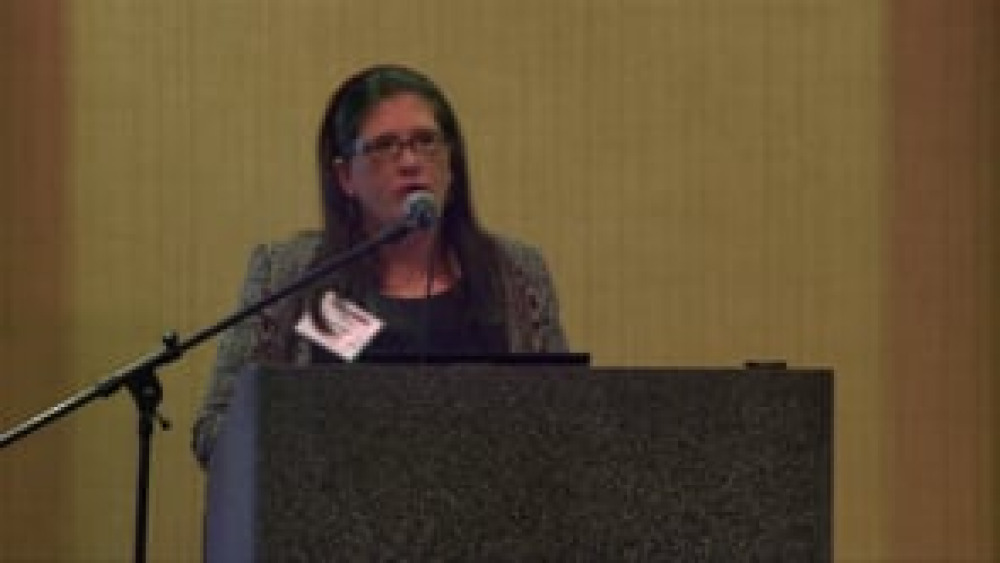
Sarah Deer: The Muscogee (Creek) Nation's Approach to Citizenship
Sarah Deer (Muscogee), Co-Director of the Indian Law Program at the William Mitchell College of Law, provides a brief overview of the Muscogee (Creek) Nation's unique approach to defining its citizenship criteria, which essentially creates two classes of citizens: those who run for elected office,…
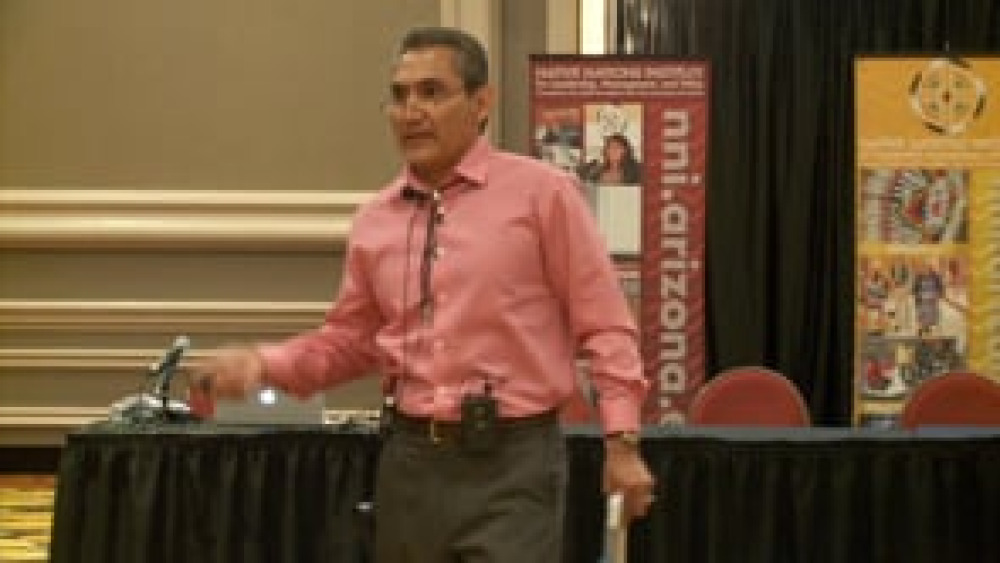
Joseph Flies-Away: Knowing, Living and Defending the Rule of Law
Joseph Flies-Away (Hualapai), Associate Justice of the Hualapai Nation Court of Appeals, discusses the importance of Native nations building and living a sound, culturally sensible rule of law -- through constitutions, codes, common law and in other ways -- that everyone in those nations knows,…
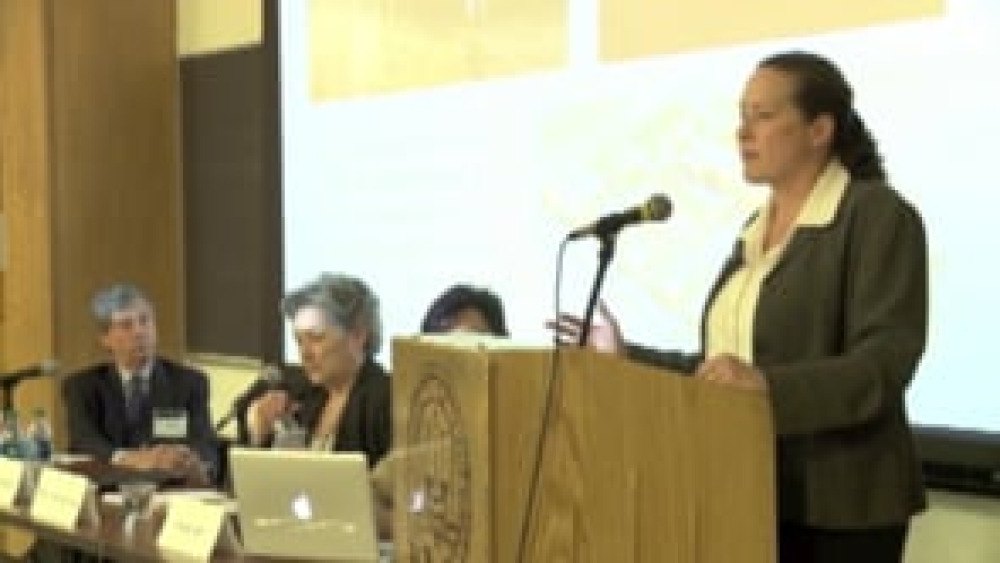
Good Native Governance Plenary 2: The Cutting Edge of Economic Development in Indian Country
UCLA School of Law "Good Native Governance" conference presenters, panelists and participants Miriam Jorgensen, Robert Miller, and Sherry Salway Black discuss economic research in Indian Country. This video resource is featured on the Indigenous Governance Database with the permission of the UCLA…
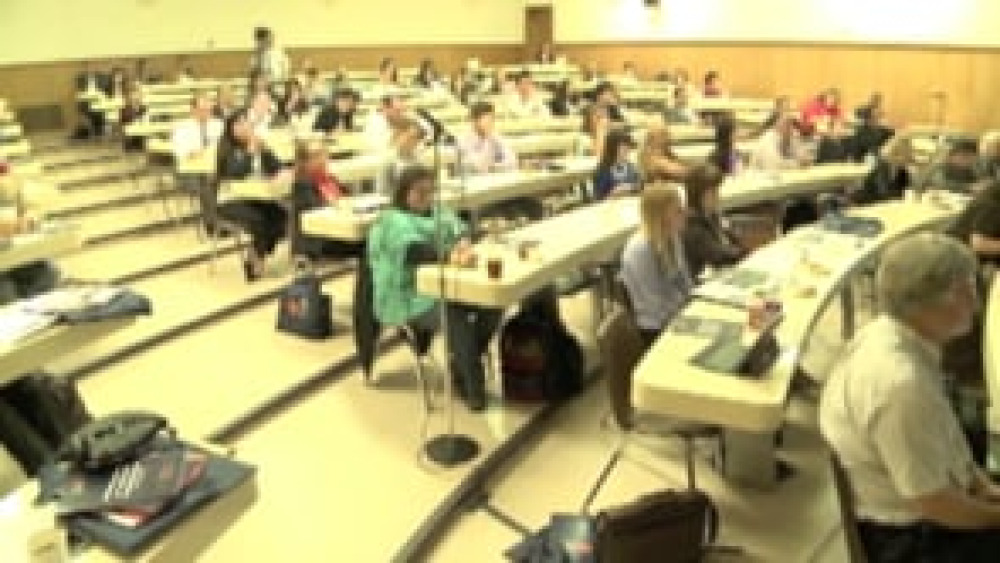
Good Native Governance Plenary 1: Innovations in Law
UCLA School of Law "Good Native Governance" conference presenters, panelists and participants Carole E. Goldberg, Matthew L.M. Fletcher, and Kristen A. Carpenter discuss law and the issues that Native nations deal with. Goldberg explains the recommendations of the Indian Law and Order Commission…
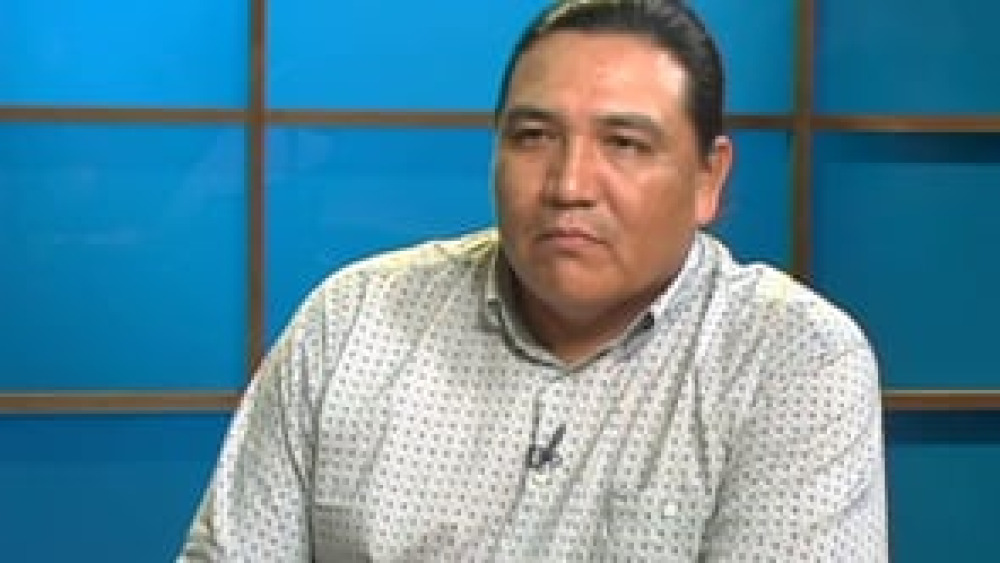
Leroy LaPlante, Jr.: Effective Bureaucracies and Independent Justice Systems: Key to Nation Building
In this informative interview with NNI's Ian Record, Leroy LaPlante, Jr., former chief administrative officer with the Cheyenne River Sioux Tribe and a former tribal judge, offers his thoughts on what Native nation bureaucracies and justice systems need to have and need to do in order to support…
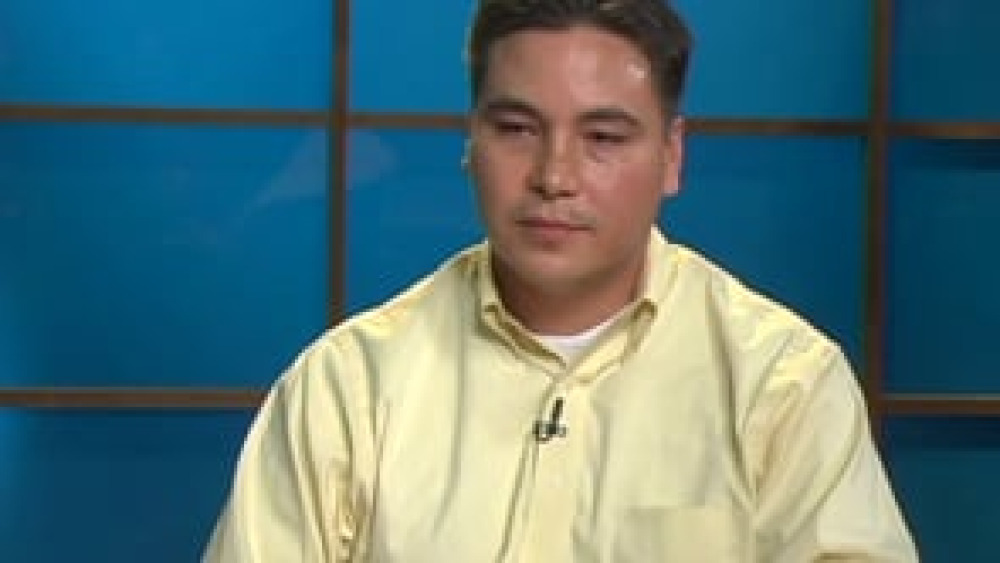
Donald "Del" Laverdure: Nation Rebuilding through Constitutional Reform at Crow
In this in-depth interview with NNI's Ian Record, Donald “Del” Laverdure, a citizen of the Apsáalooke Nation (Crow Tribe) and former Chief Justice of the Crow Tribe Court of Appeals, discusses his nation's monumental effort to discard a constitution and system of governance that were not working…
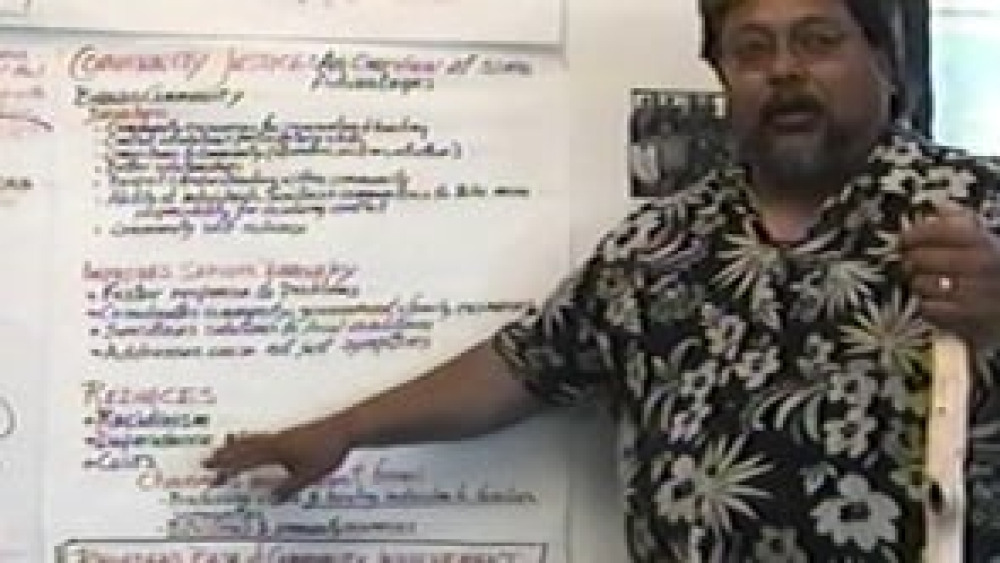
Kake Circle Peacemaking - Overview Video
This video -- produced by the Organized Village of Kake -- depicts the restoration of traditional methods of dispute resolution the Organized Village of Kake adopted Circle Peacemaking as its tribal court in 1999. Circle Peacemaking brings together victims, wrongdoers, families, religious leaders,…
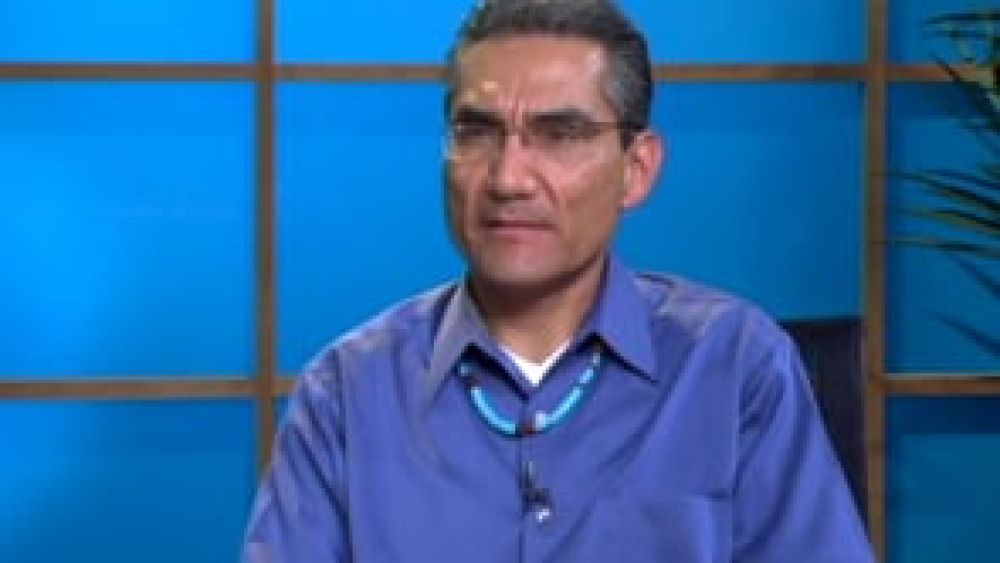
Joseph Flies-Away: The Role of Justice Systems in Nation Building
In this in-depth interview with NNI's Ian Record, Joseph Flies-Away, citizen and former chief judge of the Hualapai Tribe, discusses the central roe that justice systems can and should play in Native nation rebuilding efforts, how justice systems serve as platforms for healing and cultural renewal…
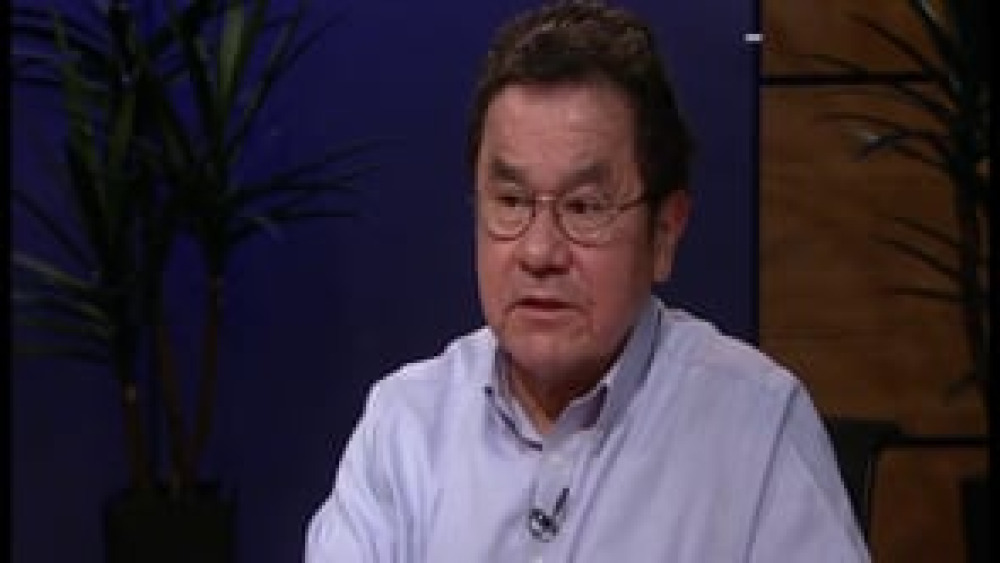
NNI Indigenous Leadership Fellow: John Petoskey (Part 1)
In the first of two interviews conducted in conjunction with his tenure as NNI Indigenous Leadership Fellow, John Petoskey, citizen and long-time General Counsel of the Grand Traverse Band of Ottawa and Chippewa Indians (GTB), discusses how GTB has worked and continues to work to build and maintain…
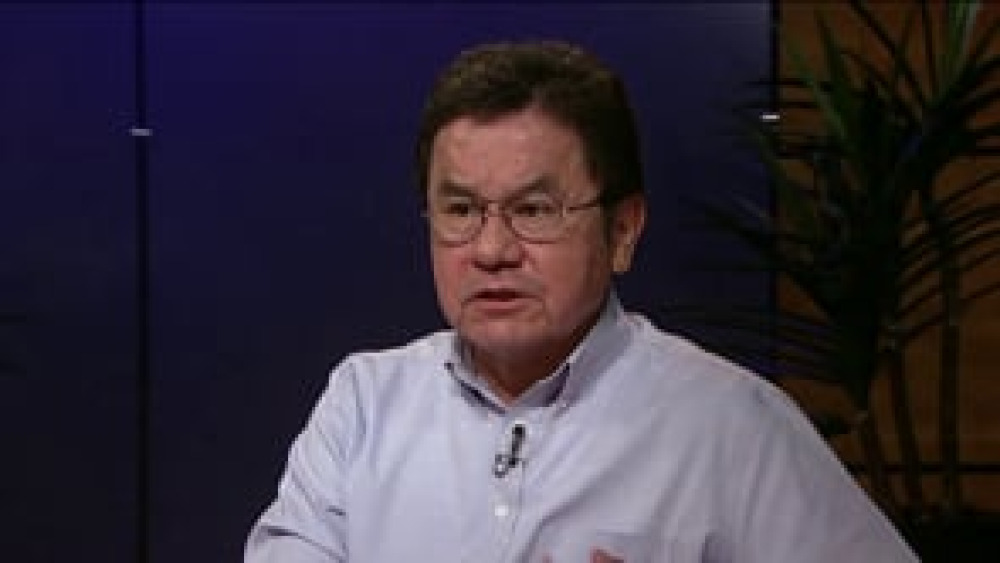
NNI Indigenous Leadership Fellow: John Petoskey (Part 2)
In the second of two interviews conducted in conjunction with his tenure as NNI Indigenous Leadership Fellow, John Petoskey, citizen and long-time General Counsel of the Grand Traverse Band of Ottawa and Chippewa Indians (GTB), discusses the legal doctrine of tribal sovereign immunity and the…
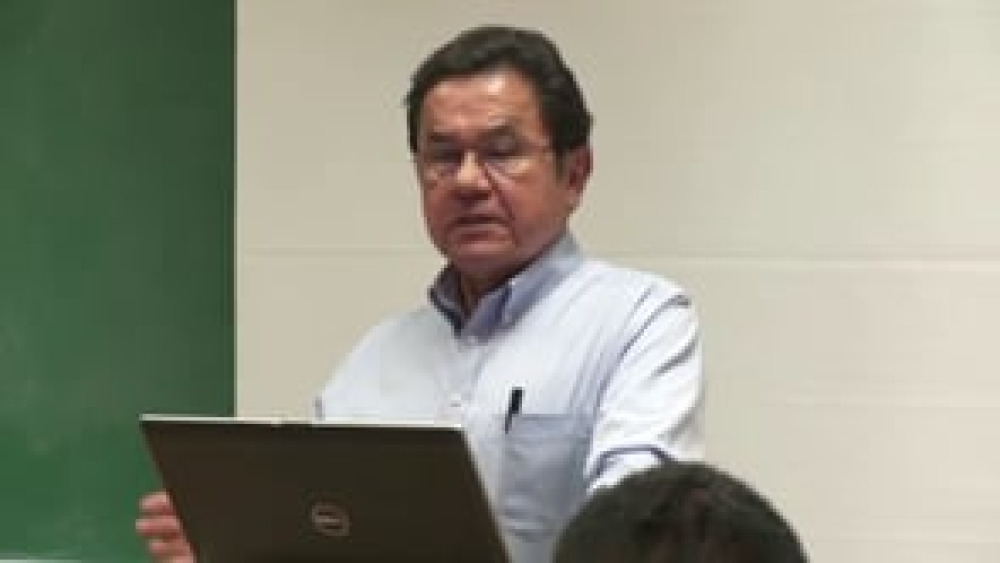
John Petoskey: The Central Role of Justice Systems in Native Nation Building
John Petoskey, citizen and longtime general counsel of the Grand Traverse Band of Ottawa and Chippewa Indians (GTB), discusses the key role that justice systems play in Native nation building, and provides an overview of how GTB's distinct history led it to develop a new constitution and system of…
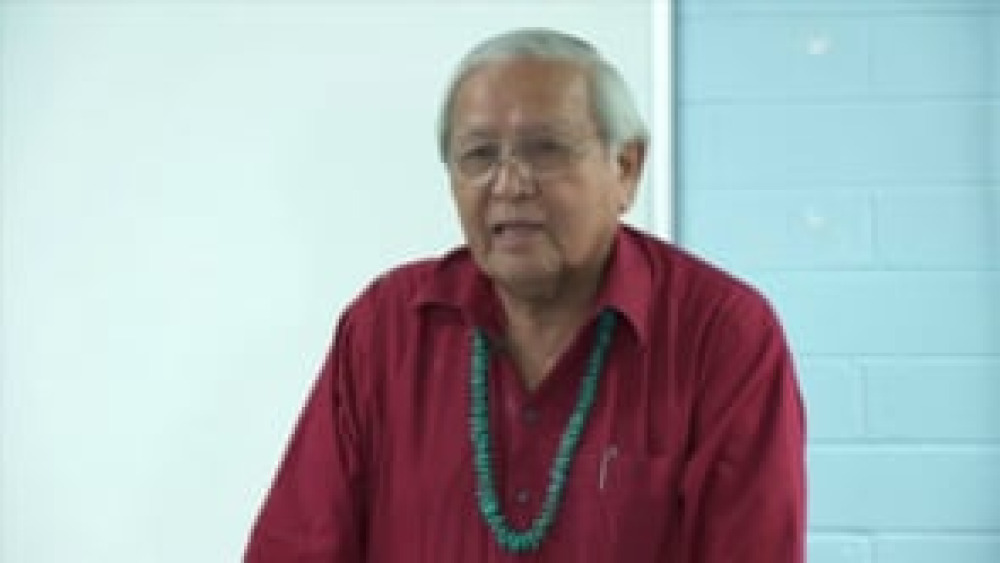
Peterson Zah: Native Nation Building: The Place of Education
Dr. Peterson Zah, former Chairman and President of the Navajo Nation, discusses the importance of higher education in empowering Native nations' efforts to achieve their nation-building goals. He also discusses the Navajo Nation Permanent Trust Fund as an example of the strategic orientation that…
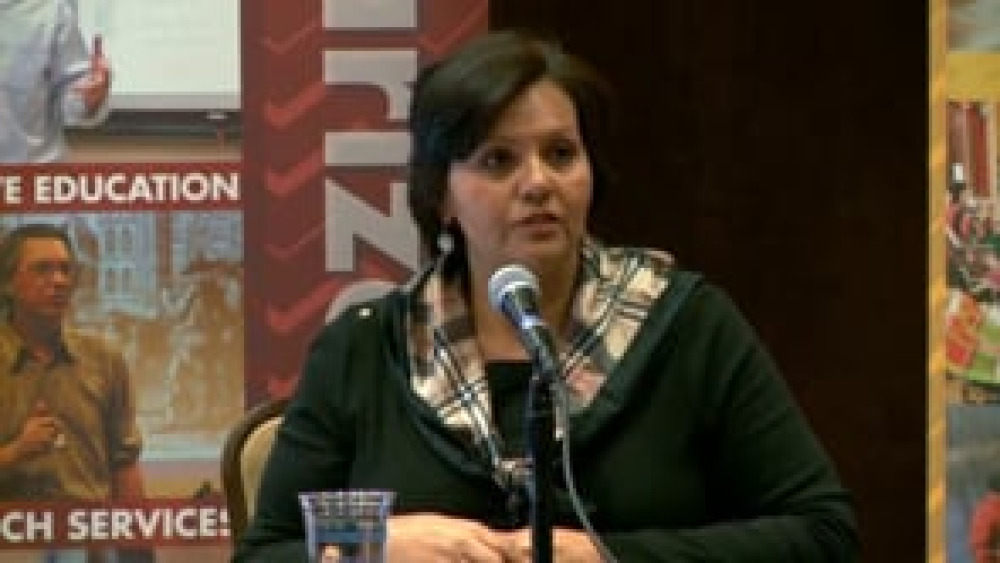
Rae Nell Vaughn: So What's So Important About Tribal Courts?
Rae Nell Vaughn, former Chief Justice of the Mississippi Choctaw Supreme Court, discusses how justice systems are critical to Native nations' exercise of sovereignty, and sets out some key things that those systems need to have in place in order to administer justice fairly and effectively on…
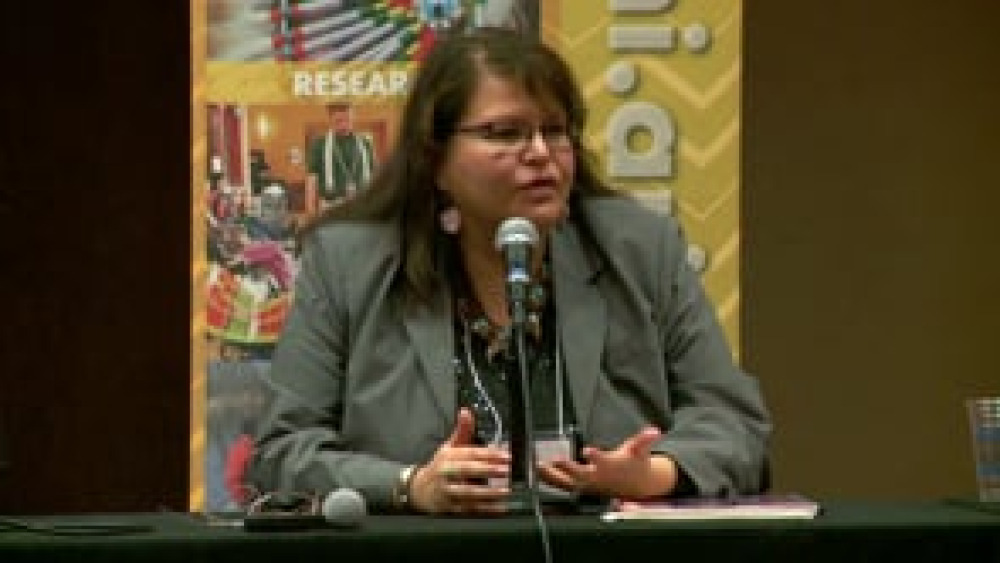
Eldena Bear Don't Walk and Rae Nell Vaughn: So What's So Important About Tribal Courts? (Q&A)
In this short session, panelists Eldena Bear Don't Walk and Rae Nell Vaughn delve into further detail about the importance of tribal justice systems receiving adequate funding in order to administer justice effectively. Robert Yazzie, former Chief Justice of the Navajo Nation Supreme Court, also…
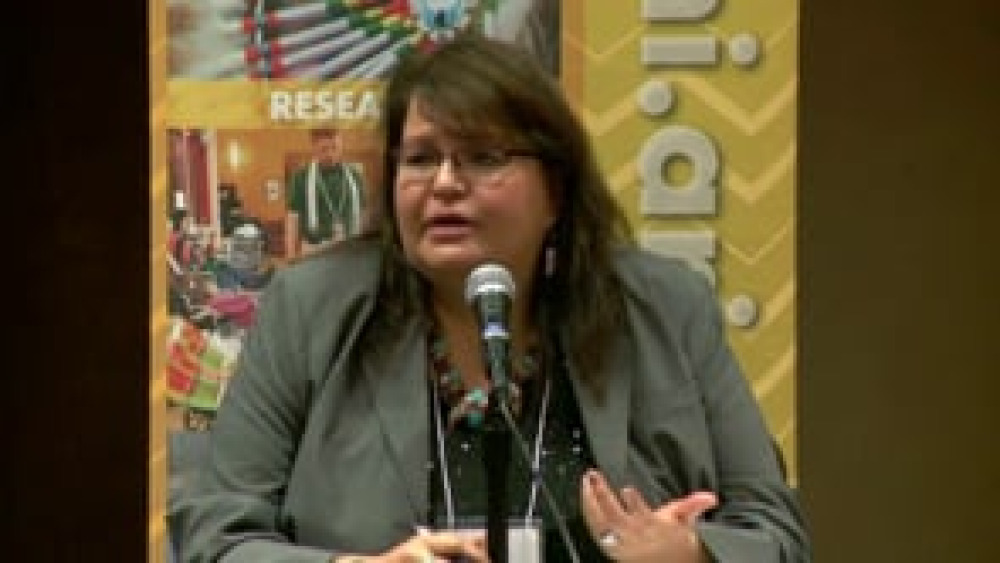
Eldena Bear Don't Walk: So What's So Important about Tribal Courts?
Eldena Bear Don't Walk, Chief Justice of the Confederated Salish and Kootenai Tribes, discusses some of the things that tribal justice systems need to have in place in order to be effective, and how important it is for Native nation governments and citizens to respect and support the decisions…
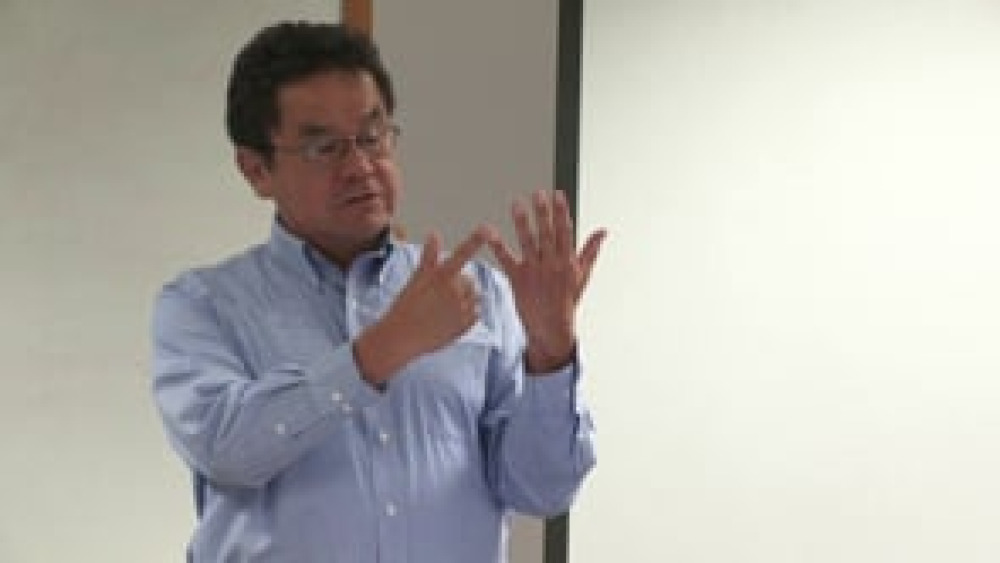
John Petoskey: Tribal Sovereign Immunity and the Michigan v. Bay Mills case: What the Future Likely Holds and How Native Nations Should Prepare
In this lecture for faculty and students of the University of Arizona's Indigenous Peoples Law and Policy Program, NNI Indigenous Leadership Fellow John Petoskey provides a comprehensive background of the Michigan v. Bay Mills case currently pending before the U.S. Supreme Court and discusses what…
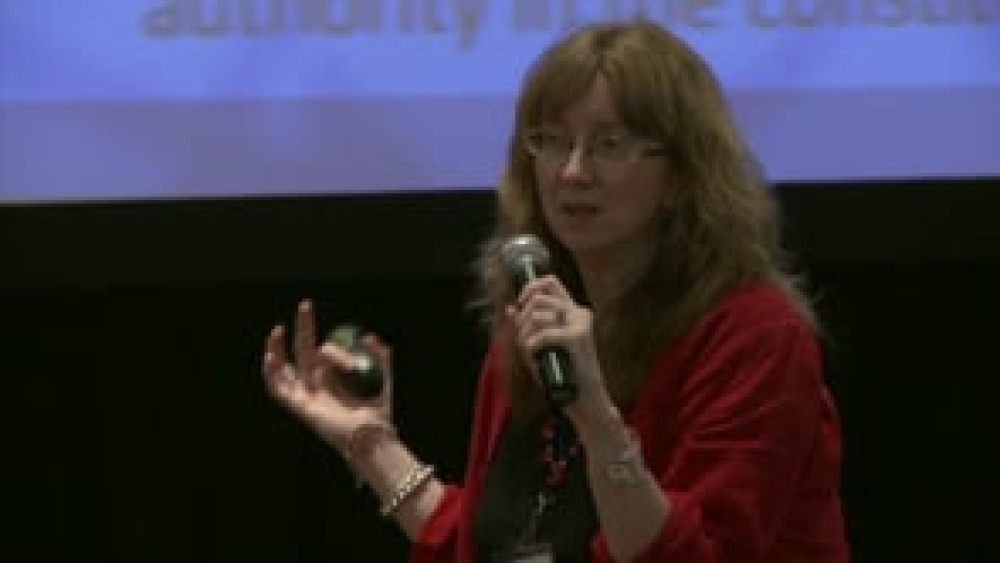
Melissa Tatum: Striking a Balance on What to Include in Your Constitution (Presentation Highlight)
In this highlight from the presentation "Key Things a Constitution Should Address: 'How Do We Resolve Disputes?'," legal scholar Melissa Tatum discusses the importance of a Native nation striking a balance between what to include in its constitution and what not to include in its constitution so…
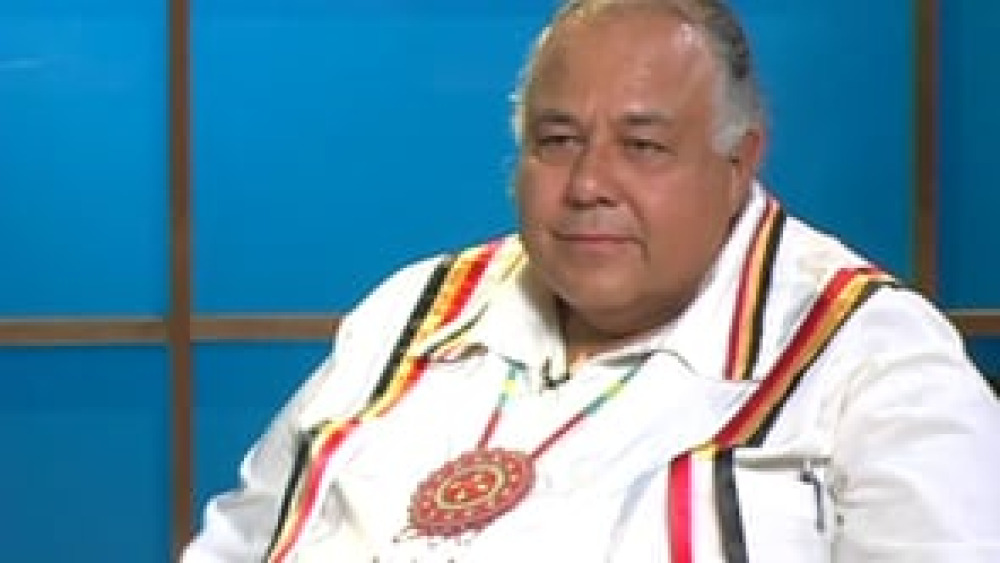
NNI Indigenous Leadership Fellow: Frank Ettawageshik (Part 2)
Frank Ettawageshik, former chairman of the Little Traverse Bay Bands of Odawa Indians (LTBBO), discusses the critical role that intergovernmental relationship building plays in the practical exercise of sovereignty and the rebuilding of Native nations. He shares several compelling examples of how…
